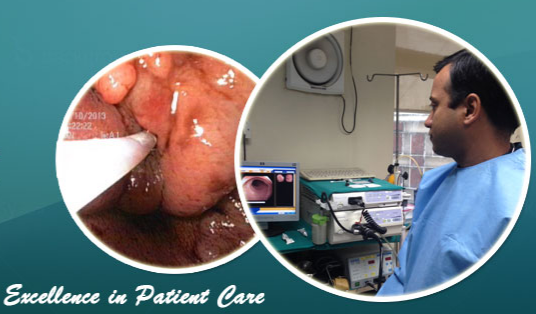Individuals; who suffer from ulcers, heartburn, stomach aches, and flatulence constantly, should get themselves checked. This is because, if left untreated, this can result in several complications. The conditions of gastrointestinal diseases can be many. Of late, if you have not been eating properly and have noticed that your bowel movement is not quite normal then you should consult with the gastroenterologist. This is because the problem can vary from indigestion issues to even colon cancer.

Mentioned below are some of the common signs and symptoms of gastrointestinal disease:
- Irregular bowel habits
- Problem in stool movement
- Rectal bleeding
- Stomach cramps
- Fistula
- Flatulence
- Hemorrhoids
- Incontinence
- Diverticulitis
Conditions that Cause gastrointestinal diseases
- People suffering from chronic constipation do not pass stools regularly which cause the nerves to work extra as the stools get harden over time. This extra work damages the nerves as well as muscles in the area.
- During childbirth, women undergoes trauma in the lower abdomen which weakens muscles, create scars and lesions, and results in infections.
- People who have family history of Crohn’s disease or suffer from this are more at risk of gastrointestinal diseases.
- Individuals who do not include enough fiber in the food often finds hard to pass stools which in turn results in gastrointestinal disease.
If you want to consult with the best gastroenterologist; then you should visit Gangaram hospital. The doctor may ask you to go through a number of diagnostic tests like x- ray, ultrasound, colonoscopy or endoscopy or MRI. The test result will help the doctor to prepare a treatment plan for you.
Treatment options for gastrointestinal disease
Once the doctor diagnoses gastrointestinal disease; then he may recommend you any or all of the below mentioned treatment options such as:
- Antibiotics:This helps in preventing the infection from spreading.
- Diet:The physician may recommend a special diet that includes fibers and certain nutrients to fight the disease
- Surgery:In case the medications and therapies do not work; then the last resort that is available is the surgical method. This method may include implanting a device or removing the problem to help the body cope with disease.
So, if want to stay safe from gastrointestinal diseases; make sure that you eat right and follow the physician’s advice.
